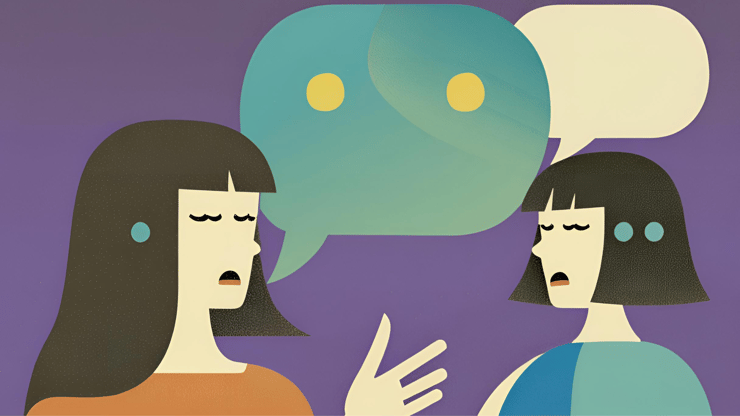Language Obsession, The Ultimate Vanity Project

Long before nations, passports, Google Translate and passive-aggressive subtweets, there was a grunt. A screech. The occasional ooga booga of human innovation as its most primal, used to keep toes from freezing, to warn of danger, to coordinate hunts. These sounds evolved into the magnificent mess of over 7,000 languages we have today.
After centuries of linguistic ambiguity, the United States finally bit the bullet and made English official, causing half the population to cheer, half to rage-tweet, and a confused group of students to ask if Spanish homework was now optional.
Meanwhile, France needed no such declaration, as French had long since proclaimed itself the haute couture for the mouth. If you can’t pronounce rendezvous without sounding like you’re chewing air, you have already failed the test.
Then there is India. With more than 200 languages, one might expect an extravagant multilingual festival, but instead, it unfolds like a never-ending family drama. The North argues that Hindi should be the national language; the South retaliates with Tamil’s ancient literary heritage. The remaining 198 languages sit in a corner, sipping chai like forgotten extras. English, ever the diplomat, lurks in the background, quietly keeping corporate India afloat.
Worse still, we attach national and cultural pride to dialects, seeing any deviation as a threat rather than an addition. Why? Because language is identity. To speak a language is to carry history, culture and tradition. But should that mean those who speak it differently are outsiders? No one ever pauses in existential dread over whether to say thank you, dhanyawad, merci or jazakAllah. We do not throw a fit over vocabulary when expressing gratitude, so why does the mere choice of language spark full-blown identity crises?
If a few foreign words can shake one's sense of identity, maybe the problem isn’t the language. That’s like believing that eating sushi turns you into a samurai.
Imagine a carpenter insisting, this is the one true hammer. The rest are just over-glorified sticks. That is how linguistic purists sound when they clutch their mother tongues. To be honest, if cavemen saw us now, they'd probably drop their spears and laugh at the absurdity of it all.
This obsession with linguistic purity is actually ironic, considering that no language has ever remained 'pure'. English, now the most widely spoken language, is an unruly hybrid of Latin, Germanic, French and countless other influences. Even the Queen’s English is an ever-evolving concept; Shakespeare’s English would sound foreign to modern British ears. Hindi, Tamil, Urdu, Bengali, all of them have absorbed, borrowed and evolved over centuries. The very languages we defend so fiercely are a testament to cultural exchange.
Instead of waging linguistic wars that achieve nothing but awkward silences, world leaders should invest in multilingualism, because, really, don't we want citizens who are smarter, wittier and able to charm their way through multiple accents? Speaking another language doesn’t just make you sound cool; it rewires your brain, sharpens your problem-solving skills, delays dementia. But beyond the neurological perks, it expands empathy.
To speak another language is to momentarily step into another worldview, to see the world through a different grammatical structure, to understand humour, nuance, idioms that don't translate neatly. It is to appreciate that different cultures prioritise different ways of thinking. The Japanese concept of wabi-sabi, which embraces imperfection, or the German Fernweh, which describes a longing for distant places, capture emotions that English struggles to articulate. Every language carries unique philosophies, and learning them makes only us richer. It allows us to finally understand why the French refuse to translate je ne sais quoi.
A 2022 study found that dogs, who spend half their lives sniffing questionable objects, can learn up to 250 human words without throwing a tantrum over syntax. An intelligent dog could understand and respond to sit, fetch, chicken, and if you’re lucky, please stop eating the couch. This should humble us.
We are no longer cavemen pointing and grunting; the whole point of language is to make ourselves understood. If we are to thrive in this world, that has practically become a global group chat now, it would be great if we all spoke a little more of each other’s language. I’d say, if someone says hola, just hola them back.

The author is a Mumbai-based producer and actor





